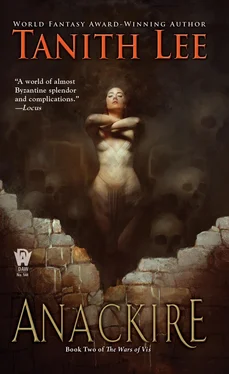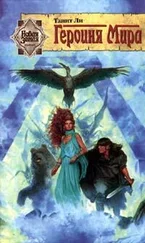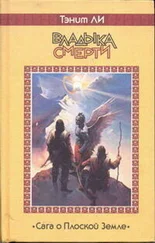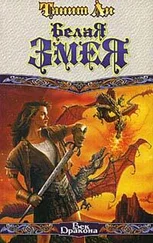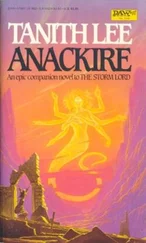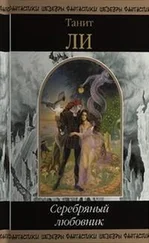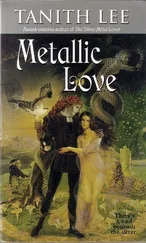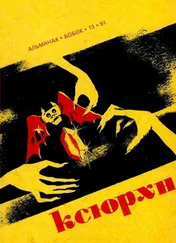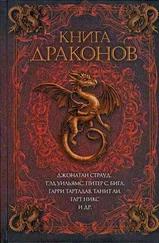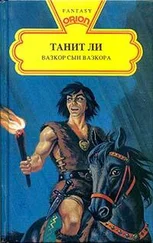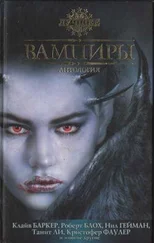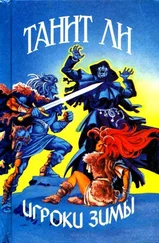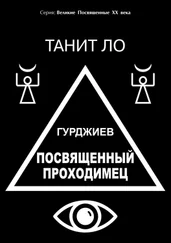An unforeseen fresh nuisance fell on them when they broke the journey at Olm.
Rem’s duties as outrider had brought him into the small town on a couple of past occasions. Five years ago he had spent some days riding about the mountain foothills. There had been one of the false Berindas reportedly living in the area. When he found her she was a mix, and her child too. A brooding sense of the Zor had disturbed him in those hills, that old lost kingdom with its black-haired Vis version of Ashara-Anackire.
Olm he had barely noticed. Nor would have done so now, save that Olm had mysteriously been given word that the son of Yannul had ridden in at her gates. No sooner were they settled at the inn than a messenger arrived, and everything must be moved over to the more than modest palace of the guardian.
It was a thundery velvet-textured night, stars like sparks, the Zastis moon a blown rose.
They ate in the palace hall, vanes in the roof hauled back to show the night, and invite nonexistent air.
Rem realized with slight astonishment that his true identity was making itself known to him, for it struck him as funny to be placed far lower down the long table than Lur Raldnor. The female they had partnered with Rem was the guardian’s younger, somewhat illegitimate daughter. She was a strange creature, stiff-backed and fluidly opaque by turns, as if in the process of some curious aesthetic change. Someone had whispered she had aristocratic Dortharian blood, but her mother had been lowly, some Lanelyrian freedwoman. Her thoughts seemed happier elsewhere, and Rem was happy to indulge them.
While comprehending what had been said to him on Yannul’s fire-fly burning terrace, and lured by it to an attempt at self-collection, he was made uneasy trying to be easy. He had been told what the name of the country was not. He had been told, as yet, it had no name, but that a name might arrive for it, perhaps unexpected. He had been told he was valued as a man and a friend.
The goal of Dorthar was also in front of him, filling the empty horizon where had been the oblique dawn promise of his quest for Kesarh’s child. Dorthar disconcerted him, but it promised something, too, if only the recompense of anger.
He paced out all his ground carefully. The dull dinner and the unsociable Lady Safca were actually a relief.
Before they were shown to guest chambers, there was an entertainment.
It was an embarrassing flung-together allegorical re-enactment of Raldnor Am Anackire’s victory over the Storm Lord Amrek, full of gods and fates who did not know their lines.
The son of Yannul had been seated with the guardian’s attractive legal daughter. They were intent on each other, to everyone’s gratification, and paid little heed to the awful proceedings. The Lady Safca, rather to Rem’s surprise, did pay heed.
Presently it came to him that all her attention was centered on one person, a mix girl about twelve years of age.
It was thought blasphemous to impersonate Anackire Herself, and so the girl represented the Idea symbolically, sitting all this while on a little gilded throne borne about by porters. She was dressed as a Lannic priestess, veiled all over in milky cloth, only a high forehead showing, and eyes described by paint. He was too far from her to see if they were light or somber eyes, but the hair escaping under her head-veil was dark. The interesting thing was the fact of the snakes—two of them, wound one each about her bare white arms; live snakes, twisting and coiling, neither they nor the girl demonstrating any wish to escape. The Vis, even mix Vis, even goddess-worshipping Vis, were usually allergic to the touch of serpents. It was obvious why she had been chosen.
Maybe Safca was concerned for this reason. The girl must be a favorite, whatever that might mean. He had noticed, too, a ring gleaming on the snake-girl’s thumb, gold or amber.
At length the theater ended. Soon after, they were allowed to go to bed.
Rem bade his female uncompanion good night. He was not, hopefully, significant enough to be saddled with a bed-girl.
However, on the way to his allotted chamber, the servant going ahead up the lightless corridor with a torch, Rem was given cause for doubt.
Suddenly from a by-way another lesser light appeared. It was a hand-held bronze lamp, and the glow of it lit up the underplains of a slender white face, its eyes downcast but still smudged with paint. She had no snakes about her, though her arms and feet remained bare, and now her head and face were also uncovered.
She was a servant on somebody’s errand, he thought, and gave her no further glance. Then, as they passed each other, he felt her fingers brush across his palm. His hand closed involuntarily on some small object.
Without a sound she was gone. He knew better than to look back.
It was not until he was alone in the room that he opened his hand to see. And there was the ring she had worn.
It was amber, clear as Lowland wine, smooth as cream, and yet warm in his warmth from her. There was another characteristic. A sort of peculiar inner vibration. It seemed alive. In a second he had cast the ring down on the floor as if he had touched instead one of her snakes.
A little later he assembled the truth. The Lady Safca had propositioned him. The ring, put on her servant for the theater, had become a Zastis token.
He wished she had had the sense to avoid that pitfall. He could hardly himself send it back and humiliate her further. It would be best to leave the ring lying, perhaps in the courtyard. Valuable, the palace servant who found it would hardly dare not return the jewel.
That it had tingled was simple magnetism, for such amber was magnetic. Or else the Star had loaned it intensity.
He took off his clothes and lay down on the bed.
There was a hollowness in his skull. Safca. . . .
Some knowledge concerning her, or to do with her, was there to hand, but occluded, by light rather than shadow.
Rem dreamed white wolves were running over a landscape shaped from amber. Behind, rode a man in a chariot. He wore black. He held the reins in his right hand, in his left a gold-handled whip that gradually altered to a serpent.
“Where have you been?” said the guardian’s younger daughter as the Lowland girl came into her chamber.
The girl looked at her, shaking her head gently. This, in the language of signs which was accumulating, seemed to mean the question was in no need of an answer.
“I wish you hadn’t been shown in the hall,” said Safca.
One of her brothers was responsible. He had come into Safca’s apartment unlooked for, and seen the girl at once.
He had fancied her in his bed, so much was apparent. Yalef liked his women young. His two wives were only thirteen. And this child was so graceful, already she moved and walked like a court woman. More elegantly than Safca, or her sister, or Yalef’s two wives.
Safca did not know the girl’s age, but was positive that she was not yet nubile. When argument failed, she tried to put Yalef off by the reminder that pale skin and eyes meant frigid Amanackire blood. She also informed him that the girl was dumb, retarded, and had a habit of coaxing snakes into her bed. Yalef was duly discouraged.
When the word came of Yannul’s son, however, and the entertainment was planned, Yalef came back and demanded the girl for snake-sporting purposes.
Safca could hardly refuse.
At least the blonde hair had been dyed wood-color again. That had been at the girl’s own request. She had written it, so there could be no doubt. The art of writing was something she had to thank Safca for. Perhaps. The woman who taught the girl remarked that she was abnormally quick to learn her letters. Safca, observing the second of the two lessons, which were all that had been required, was filled by awe. It was as if the Lowlander had always known, merely needing to be reminded. . . .
Читать дальше
